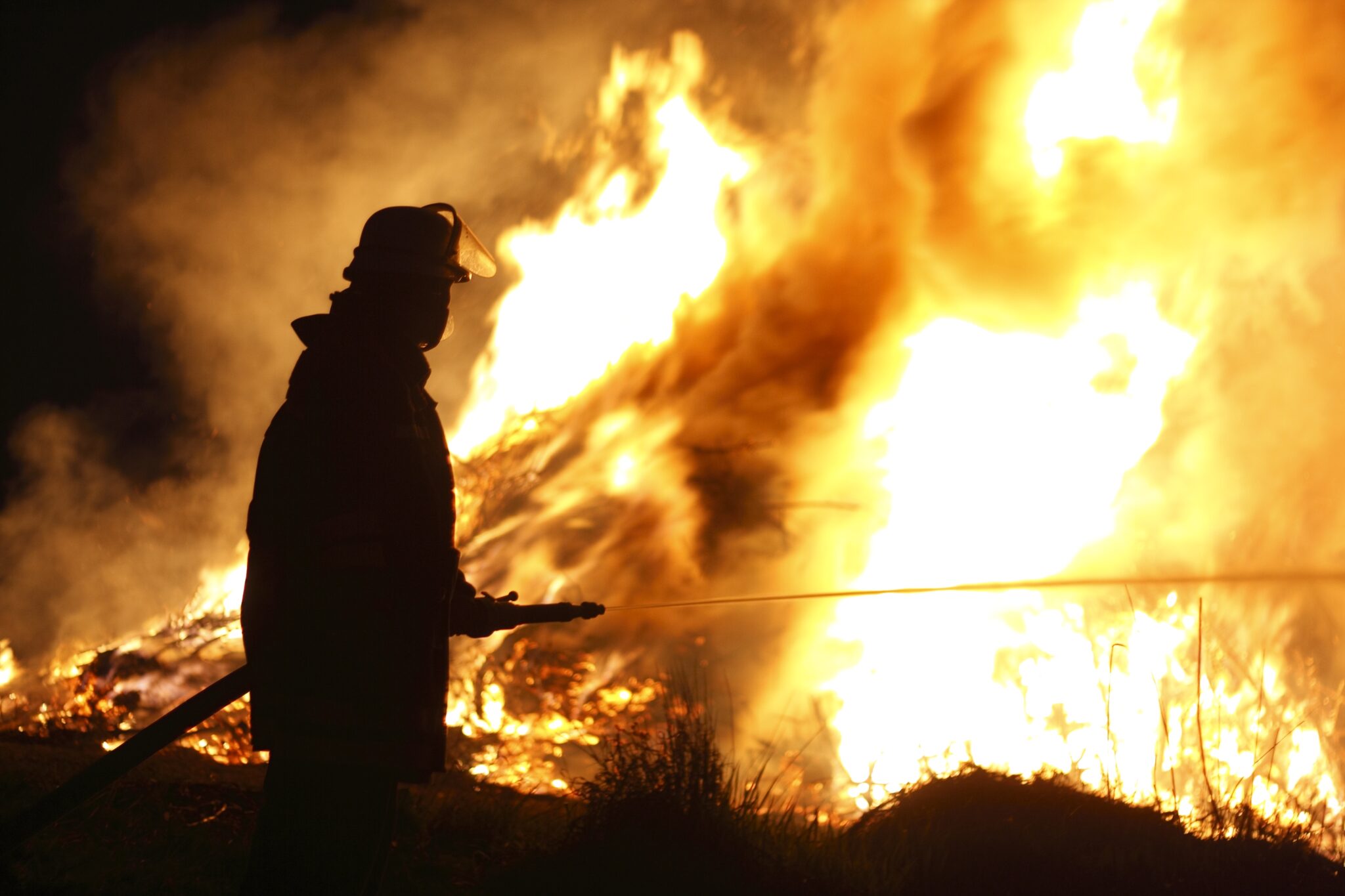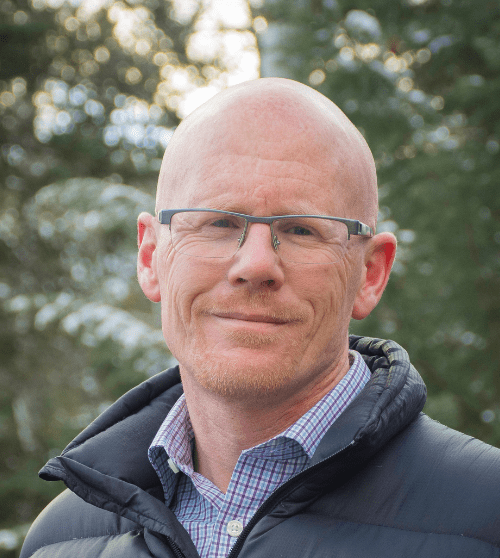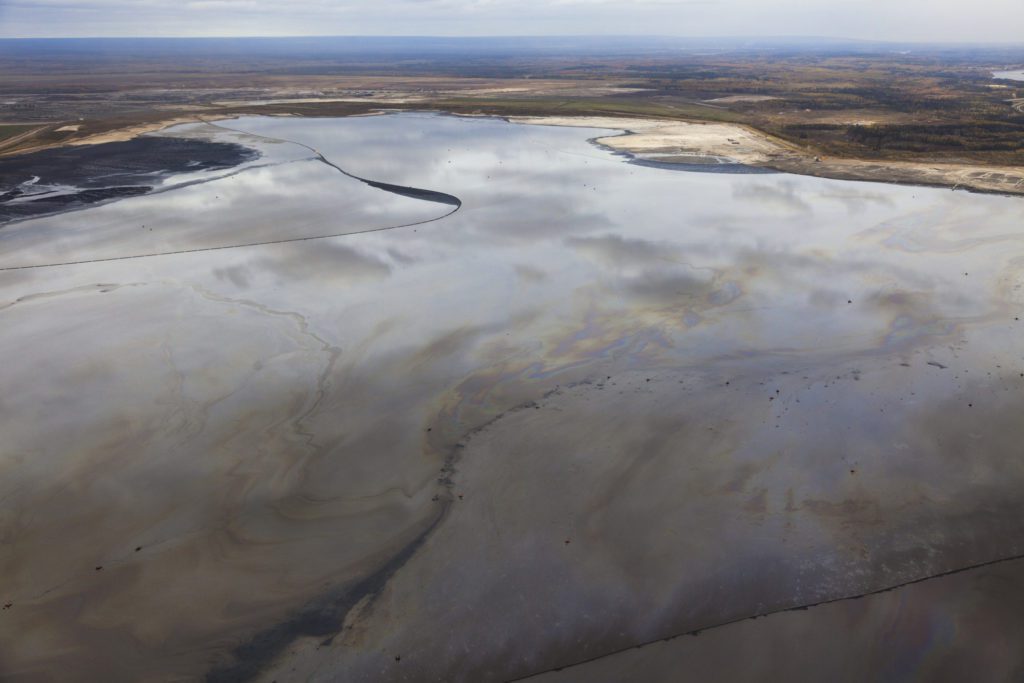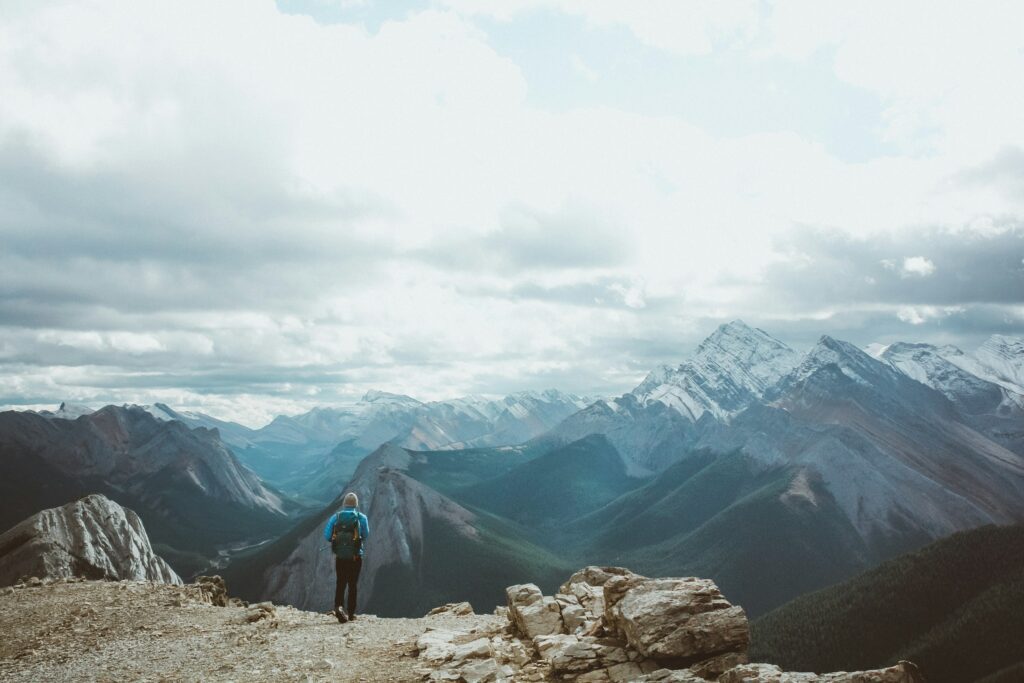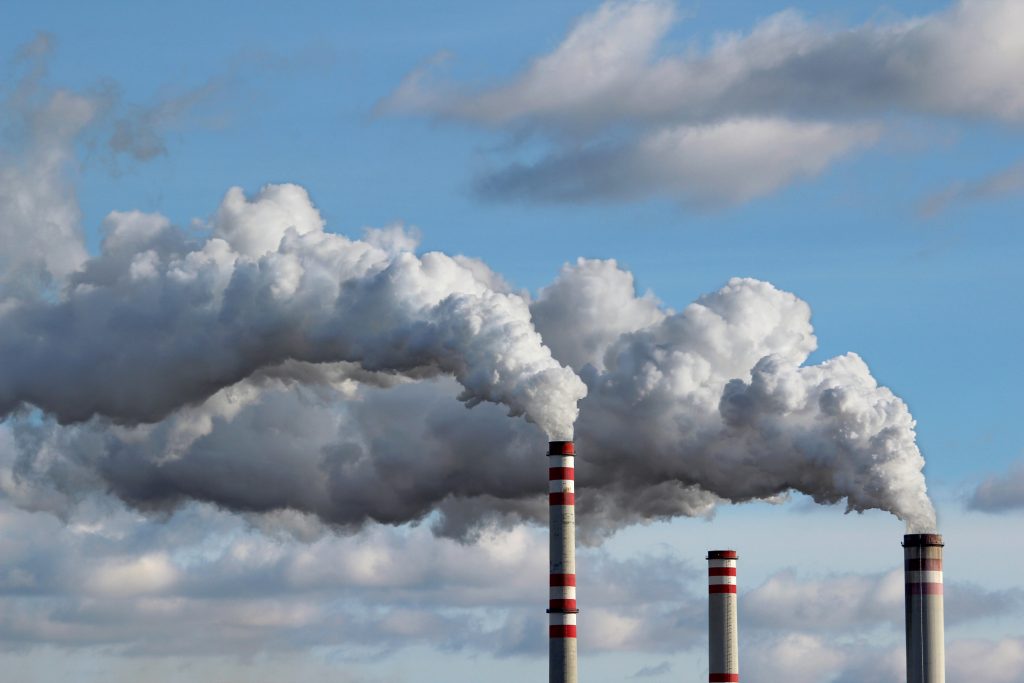There’s a line in a song by Midnight Oil that was very popular in the environmental movement when I was younger: “How can we sleep when our beds are burning?” Since starting with Environmental Defence in January, I’ve been grappling with an updated version of those song lyrics: “Why we must talk about climate change when everything is burning?”
Two communities in northern Alberta have been put on evacuation alert as wildfires close in. A 1,300-hectare fire burning northeast of Grand Prairie has forced the evacuation of residents living in rural areas near the town. In what must be a deeply troubling sense of deja vu, the entire 66,000-person population of Fort McMurray has been told to be prepared to leave on short notice as a 7,700-ha fire burns to the city’s southwest.
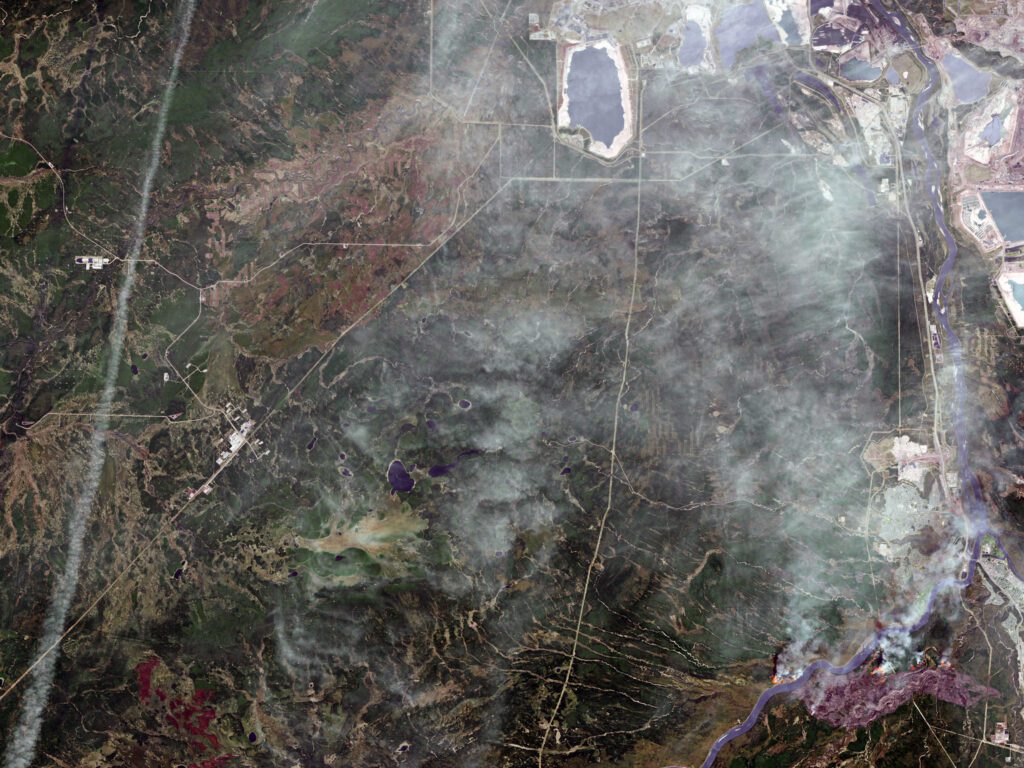

In British Columbia thousands of people fled Fort Nelson in the middle of the night, driving hundreds of kilometres to safety as a fire burned to within two kilometres of their town. In northern Manitoba, fires near Flin Flon and The Pas have forced the evacuation of nearby Cranberry Portage.
The combination of fear, helplessness and uncertainty during these disasters unnerve even the most stoic Westerner. Livestock left behind creates deep concern, and children not knowing how to cope with the troubling combination of parents who are struggling themselves, and having their worlds turned upside down, can cause lasting trauma.
I am thinking about all of the evacuees as I write this. To them my only message is, we stand with you during this challenging time. To Albertans and Canadians outside of these dangerous locales, however, my message is more direct: we have to talk about why this is happening. It’s happening because climate change is creating more and more dangerous weather conditions that result in larger and more intense fires, droughts and floods.
TAKE ACTION: SAVE ALBERTA’S CLEAN ENERGY FUTURE
Not talking about the connection between climate change-caused natural disasters isn’t leading to long-term answers to these tragic challenges. It is hampering our efforts to find solutions. Staying silent won’t lead to the action needed to address these tragic events. It simply perpetuates the crisis.
Researchers working in the field of attribution science have been able to state with clarity that last year’s fires and droughts, the Alberta floods of 2013, BC’s atmospheric rivers, and the heat waves that have killed hundreds of people in the BC’s Lower Mainland, have all been intensified and magnified by human-caused climate change.
Given the human cost of climate change, you might think that talking about it while it is ravishing our nation would be easy. It isn’t. At least it hasn’t been so far.
In 2023, in the middle of the most devastating fire season in Alberta on record, there was near radio silence on the subject of climate change, and what our political leaders were, or were not doing, to address the calamity. Talking about these disasters might be perceived as crass and opportunistic, so many remained silent. People didn’t talk about the root cause of climate change for fear it would lead to a backlash in a province whose economy has in the past been so deeply anchored to the oil and gas industry. And while it is a scientific fact that climate change is the result of burning fossil fuels, the government of Alberta and the fossil fuel industry certainly don’t want to talk about that. But talk we must.
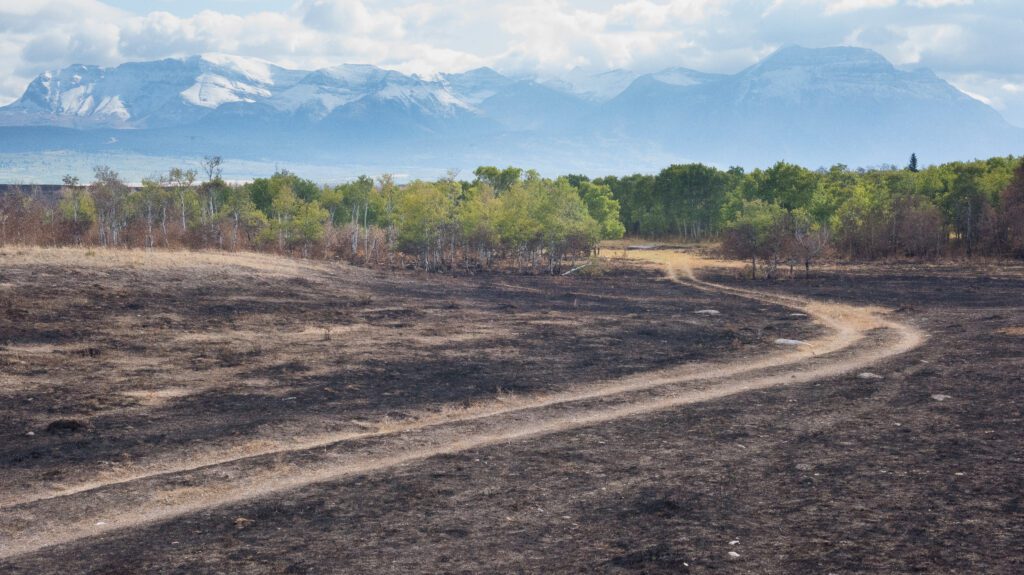

This summer, no matter how much I hope it isn’t the case, people will experience the profound loss that comes when they lose their homes, and even their communities, and to every one of those people, we must offer our compassion, our empathy, and our charity.
We must go one step further. Learning how to talk about climate disasters is a good first step. Our next step must be to take action to arrest the course of climate change, in Alberta, and across Canada. As a starting point, we need to discuss what our political leaders are doing to address the climate crisis and consider this question when we go to the polls next.
If we want to have any chance of living in a world where climate disasters don’t flood our cities, burn our forests and homes, or create dust-bowl-like conditions that lead to dangerous famine, then we’re going to have to call a spade a shovel and have the difficult conversations about climate change, how it is increasing in severity, and what we have to do to slow it, stop it, and maybe one day even reverse it.
We all hope that 2024 is far less destructive than 2023. For those already caught in the terrifying cycle of evacuation, waiting to learn their community’s fate, and then returning to assess and rebuild if need be, my heart goes out to you. Albertans and Canadians stand together.
It’s true that if our beds are burning, we can’t sleep in them. It doesn’t mean we can’t accept why they are on fire in the first place, and do what we must so our neighbours’ beds don’t burn next.
Please join me in talking about the relationship between climate disasters and climate change, and then take the next step and demand action.


